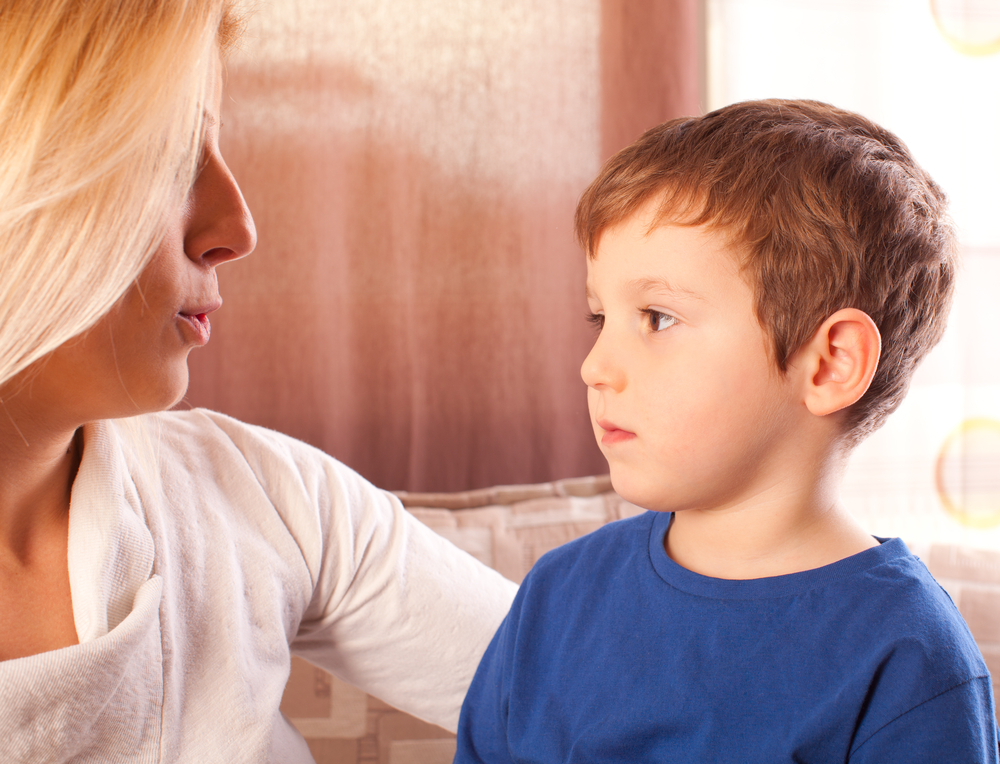
By Kathryn “Kat” North, LPA | Licensed Psychological Associate
Whatever you may think or believe, divorce changes families. How these changes affect children in the short term and over time is dependent upon several parent behaviors.
Research
For many years, the prevailing view was most, if not all children of divorce have long lasting negative life outcomes as a result of the experience. Research results indicate otherwise. In fact, 75 percent of children of divorce experience no significant social, academic, or psychological difficulties. Comparing this to the 10 percent of children from non-divorced families who also experience these difficulties, the total percentage of children affected negatively by their parents’ divorce was approximately 15 percent (Hetherington and Kelly, 2002). Research also indicated that children in families where the parents remain married but have a high level of conflict experience the same negative outcomes as the 15 percent of children from divorced families.
Several key parent behaviors have been shown to decrease the potential negative impact of divorce on children.
Preparation
The first two years of a divorce/separation are usually the most difficult. Family members may experience mood swings, negative behaviors, and disruptions in their mental and physical health. Parents need to work together to provide their children with a clear, consistent, and repetitive message about ending their marriage that conveys:
- The divorce has nothing to do with them; it is in no way any child’s fault.
- All children will be loved, taken care of, and listened to by both parents and their thoughts and feelings are important.
- Blame, details about the marriage, and why it is ending should NOT be shared with the child. Choose a simple, honest, and consistent message about why parents are divorcing.
Parents will have to get the help and the support they need with their own emotions and reactions in order not to inflict these knowingly or unknowingly onto their children.
Reactions
Children will have a variety of reactions to divorce that often change. Be prepared to listen to their honest feelings by creating a space for them to safely share these with you. Acknowledge their feelings, do not dismiss them, and do not try to “fix” them. It is OK for children to sometimes feel sad; it is a normal emotion and reaction and it does not have to be turned into a happy feeling.
Immediate Needs
Children will want to know how things will change for them. Be prepared to let them know exactly where they will live, when they will see each parent, and how other things may change. Children find comfort in consistent routines and schedules. Maintaining family rules, rewards, and consequences at both residences is critical. Spoiling and indulging the child will only result in more distress.
Ongoing Needs
Children need reassurance that they are loved and can have a relationship with both parents. They do not need to:
- See conflict between their parents
- Hear disparaging comments about the other parent
- Be used as a “messenger” between parents
- Be used as a confidant or “friend” to a parent
When to Seek Help
If you have concerns about yourself or your child or you are seeing changes in your child’s behavior, school performance, and/or social activities, seek help from a mental health professional. Support groups can be helpful by providing kids with skills and peer support to help navigate their parent’s divorce.
Heatherington, E. M. and Kelly, J. (2002). For Better or Worse: Divorce Reconsidered. W. W. Norton & Company.



